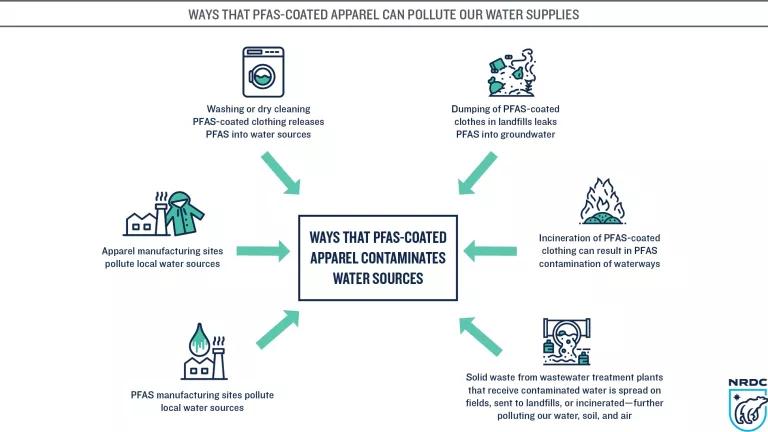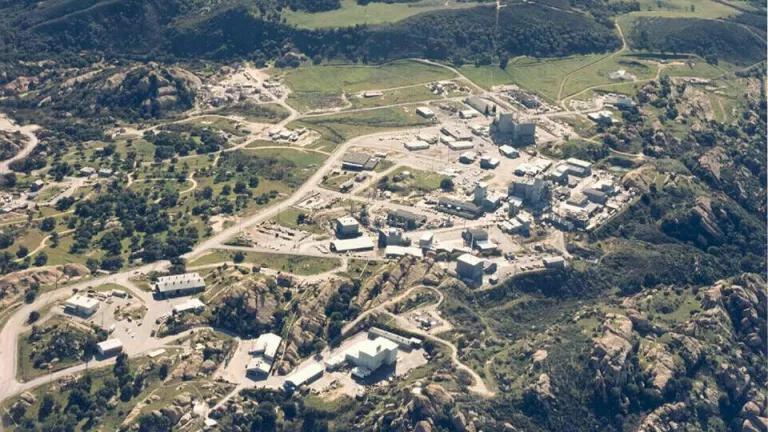CA Bill Would Ensure Safer Food Packaging
The California Assembly took another step to protect Californians from toxic, “forever” PFAS chemicals by passing Assembly Bill 1200 (Ting) today.

Update (August 13, 2021): AB 1200 (Ting) passed both the Senate Health and Environmental Quality committees earlier this summer and now awaits a Senate floor vote.
The California Assembly took another step to protect Californians from toxic, “forever” PFAS chemicals by passing Assembly Bill 1200 (Ting) today. AB 1200 would help make our food and our environment safer by banning the use of toxic, “forever” PFAS chemicals in food-packaging made from plant-derived fibers, building on food packaging legislation passed last year in New York and last year’s passage of SB 1044 in California, phasing out PFAS in firefighting foam. The bill would also require disclosure of the use of chemicals like PFAS and bisphenols (BPA, BPS, etc.) in cookware such as pots and pans. Finally, the bill would ban misleading claims on cookware such as “PFOA-free” or “BPA-free” when other chemicals in the same chemical family have been used on the products.
PFAS are a large class of man-made chemicals (including thousands of individual chemicals) used widely in industrial processes and consumer products such as non-stick cookware and food packaging, clothing, carpets, and cosmetics for their water resistant and grease resistant properties. Unfortunately, PFAS do not break down, can spread quickly through the environment and are associated with a long list of harmful health effects, including cancer, immune system suppression (including interference with vaccine response), and adverse developmental effects. Independent scientists and authoritative bodies, including California’s Department of Toxic Substance Control, have concluded that PFAS, as a class, pose a serious environmental and public health threat.
Studies have identified that food packaging—such as molded fiber and other plant-based products—often contains PFAS, and PFAS (and other chemicals of concern) have also been found in cookware. These products can expose consumers to PFAS as they eat and cook, and through contamination of water and food products throughout their life cycle, especially during production and end-of-life.
For example, when compost is contaminated with PFAS-containing food packaging, farmers who use this compost in their fields can inadvertently contaminate their groundwater, crops, and livestock.
In California, water sources for water systems serving up to 16 million people have already been found to be contaminated with PFAS. Given that the state still has to conduct tests on many more drinking water sources, the number is likely much higher. Data shows that much of the PFAS pollution is in or near communities that are already disproportionally impacted by pollution of all kinds. PFAS in food packaging can lead to further contamination of water. We must stop adding to the problem where we can.
Importantly, alternatives exist. Major chains like McDonalds, Chipotle, and Whole Foods and smaller chains like Sweetgreen have already made commitments to end the use of PFAS in their food packaging. Further, cities such as San Francisco and Berkeley have already phased out the use of PFAS-containing food packaging. Most relevant, New York State has banned PFAS in plant-based food packaging starting Dec. 2022. Given that these products will already have to meet New York’s requirements, there is no reason for Californians to continue to be exposed to PFAS in food packaging.
In addition, AB 1200 would ensure that if chemicals like PFAS are used in cookware, then their presence is disclosed to consumers. It would also prohibit misleading claims that a product is “free” from a specific chemical when it contains another one from the same family or class of chemicals.
Use of PFAS now can have consequences for decades to come. Because of the health harms associated with them, and the difficulty of cleaning up PFAS, it is imperative that we phase out unnecessary uses of these toxic chemicals. Given the availability of alternatives, it is time to end the use of PFAS in food-packaging.
AB 1200 now moves to the California State Senate. The Senate should act quickly to protect Californians from these toxic chemicals.




